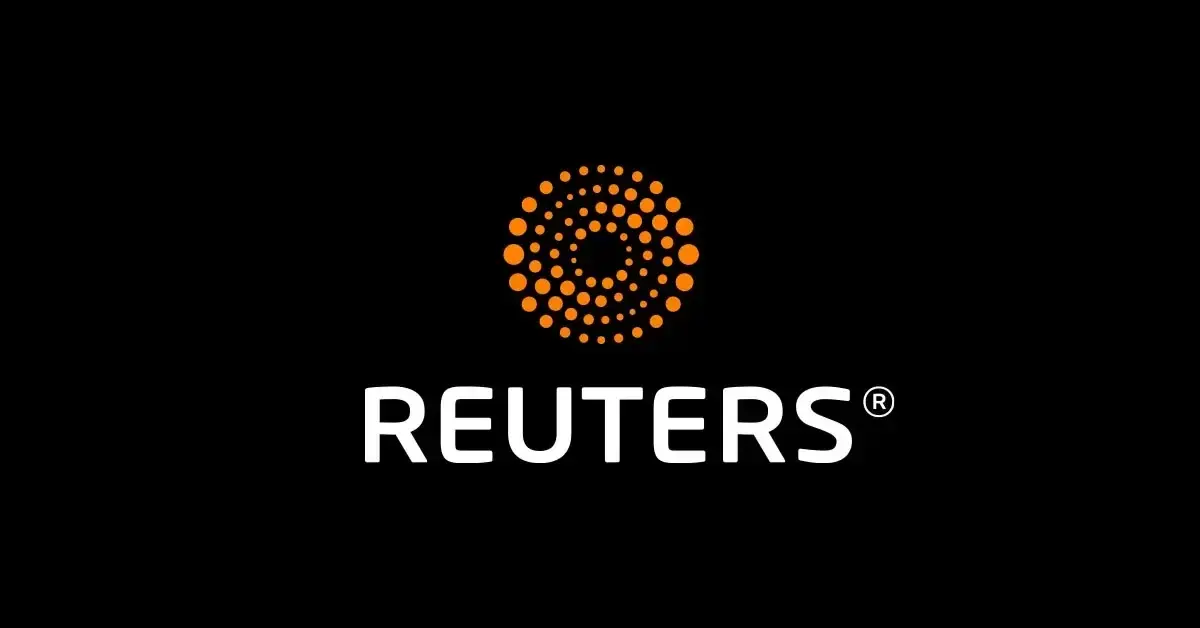Notify me if they can keep it running economically and without hidden costs.
Depends. Right now it isnt really that impressive. Bit questionable to build new nuclear power imho.
Just given that other power sources are so much cheaper.
Then there is also the controversy of explicit and implicit subsidies. For instance here: https://www.ucsusa.org/sites/default/files/2019-09/nuclear_subsidies_summary.pdf
a report that shows historically the subsidies were enormous. Right now it seems a bit tricky to estimate - but I haven’t read the report in detail.
Edit: sorry wanted to answer @qooqie
Cheaper because it’s being subsidised and supported by gas peaker plants. If renewables had to deliver guaranteed capacity (and not just “yeah, I might deliver some power and some point and when I do, you better be able to receive it”) the real price would show. As it happens, grid operators can accept it because we’ve still got a grid full of steerable generation (mainly gas and nuclear) that they can turn off. Once it’s renewables all the way down, what are we going to do on the many periods where we don’t have wind for days? Storage?! Puhlese, the scale of the requirement is a magnitude higher than we could ever hope to store.
In the end, renewables will be shitloads cheaper if we maintain some steerable demand. I’d rather that be nuclear.
It’s best if we don’t think like a fanboy - but instead have a realistic debate about the price of integration nuclear at high penetration. The total mix price will be a lot cheaper if we maintain 20% steerable.
The science is pretty clear on this.
steerable demand. I’d rather that be nuclear.
Not going to happen. That’s not how nuclear works.
Nuclear is steerable for renewables, sure. You wouldn’t use nuclear for frequency management (pumped storage, battery and a few - hopefully never used - gas plants manage frequency) but renewables don’t change their output that quickly. You pretty much know what you’re going to get out of renewable resources tomorrow and you certainly know what you’re going to get out in the next four hours. If nuclear was built to support this planning (with molten salt or other heat store) it could be done very economically. Look at how Sweden manage their nuclear output depending on the amount of wind Denmark has to sell them cheaply.
I’m struggling to fine anything that says Sweden have used there nuclear power flexibility. That’s not even mentioning if they have done it for a good price point.

